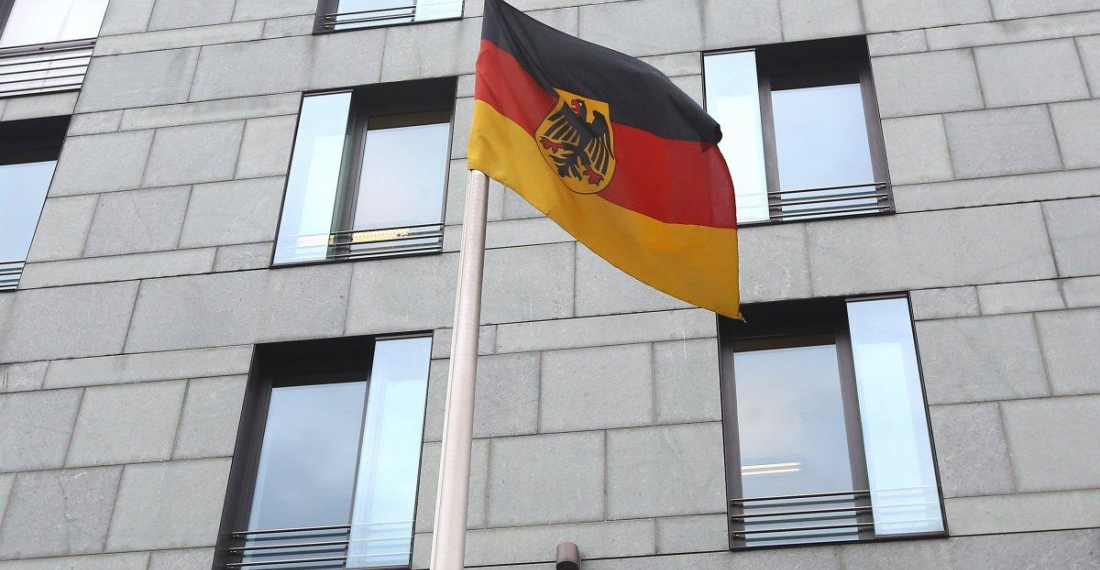Russian diplomats have been expelled from Berlin, Stockholm and Warsaw in a swift co-ordinated response following Russia's expulsion of diplomats from the the three countries who were accused of monitoring pro-Navalny protests in Moscow and St Petersburg.
The German Foreign Ministry tweeted a statement issued this afternoon describing Russia's move as unjustified:
Statement issued by a spokesperson on the expulsion of a staff member of the Russian Embassy in Berlin: 👇 pic.twitter.com/9OFLN1MUEw
— GermanForeignOffice (@GermanyDiplo) February 8, 2021
The news of the expulsion of the Russian diplomats was also shared by Swedish foreign minister Ann Linde, who herself was also in Moscow last week.
We have informed the Russian Ambassador that a person from the Russian embassy is asked to leave Sweden. This is a clear response to the unacceptable decision to expel a Swedish diplomat who was only preforming his duties.
— Ann Linde (@AnnLinde) February 8, 2021
In Brussels, and across Europe in the meantime there is increased anger at what is being seen as a Russian attempt to humiliate the EU High Representative for Foreign and Security Policy, Josep Borrell, who on Friday was in a meeting with Foreign Minister Sergei Lavrov when the announcement of the expulsion of the three European diplomats was announced.
Related content: "Groundless" expulsion of European diplomats from Moscow met with condemnation
EU Foreign Ministers will discuss relations with Russia later this month ahead of a leaders' summit. There are increasing calls for tougher sanctions on Russia for a range of reasons that have poisoned bilateral relations in recent years, the Navalny case being just the latest.
source: commonspace.eu
photo: The German Foreign Ministry, Berlin.






